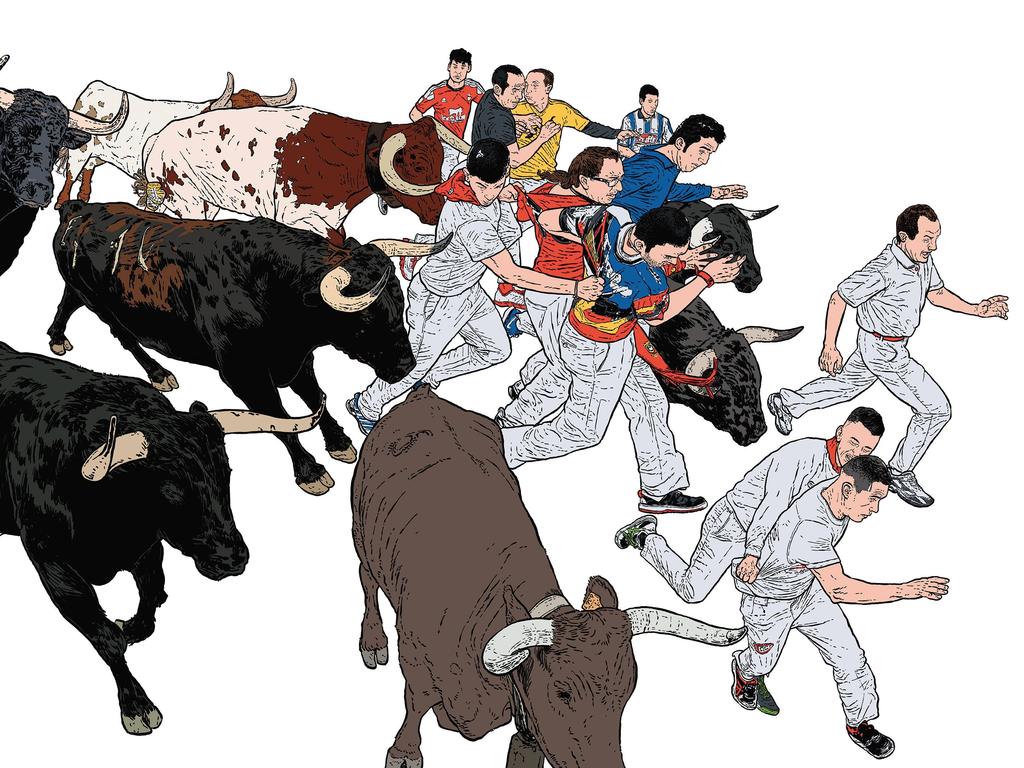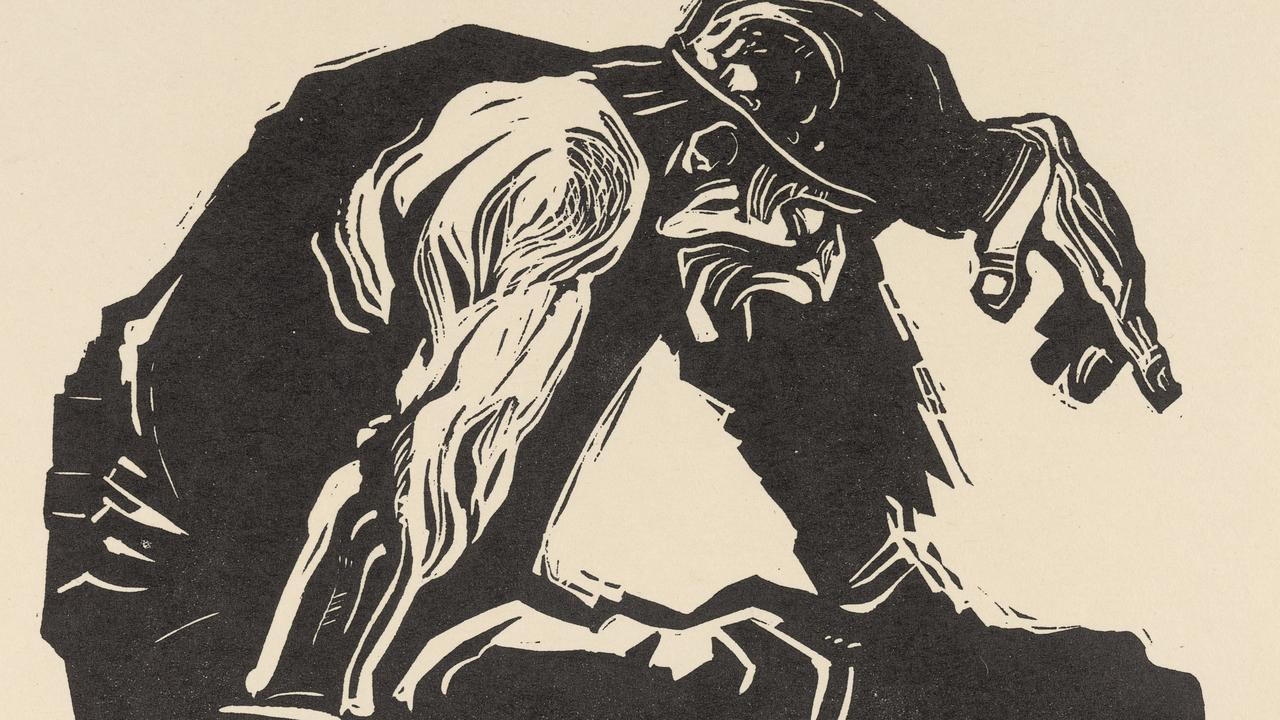The hazards of penning your own obituary

“If you’re reading this, it means I have died.” Or how about: “I didn’t think I’d appear in these columns so soon.” Or “this is not my passing, this is way more permanent”.
That’s about as far as I’ve got writing my own obituary. And, no, I don’t have a deadline for this exercise, just a sudden interest in taking back control in the death industry that invented the word passing, that turns big lives into sad stories, bridles at jokes and upsells flat pack coffins with more confidence than McDonald’s.
This retrospection was inspired by the death notice of Jennie Kelly that occupied only 126 words in the Death Notices but travelled the world online because of its breezy honesty. “Mum grew great dope, never wanted to leave a party and gave up champagne or gin frequently, but never simultaneously.’
It was written by her son but it read as if Jennie had a hand in the drafting and that piqued my interest. Why leave the final message about your life to others? It doesn’t seem fair to leave it to children or grandchildren, who are so misty-eyed that they paint you as the saint in the family, a would-be Nobel Prize winner or a natural leader of men. Especially as they might not remember you before you wore slippers to lunch.
That is probably why Jennie Kelly’s notice travelled so widely. Many death notices read like the opening lines of a slush pile novel.
They might be well meant but they all borrow from the same lexicon so they read like the one printed above it and below it and the ones from last month or a few years ago and, in the effort to be kind, they miss the person who has passed (oops, didn’t mean to use that word).
For many, that notice will be the only chance to get into print and to let the world know that the person last seen in a beanie at breakfast was a girl in the last world war or a flower child in the 1960s, a late feminist in the ’80s or a misbehaved member of the swim club last week.
We can’t all be loved by all. Some of us don’t want to be loved by all.
Reclaiming the death notice from grieving relatives (sometimes from opportunistic funeral directors) is a small step in the wresting of control of the celebration of death.
And many are taking on the men in black who turned our grief into their profit centre.
As people decide to do death their own way, dirges have been replaced by favourite rock songs, keepsakes adorn coffins rather than flowers, there are webcasts, photo montages, biodegradable coffins and self-driving hearses that leave the men in black floundering at the rear of the service.
“I did it my way” might well be the slogan for the new funeral (even though it’s a cliché). So let’s begin by writing that 126-word notice that tells the world you’re not longer in this world.
Deirdre Macken was a ….
Umm, not a good time for writer’s block. Perhaps the use of past tense was a bit much. Maybe I should have taken notes as I went through life. Or done more stuff.
Let’s just say it’s a work in progress (cliché) just as our lives are.
And perhaps that’s as good a place to start. And end.
(Note to self: I think cliches are so common in the language of death because it’s so hard to say what we really want to say. Cliches have always cloaked discomfort. But we’re better than that, given time and a good thesaurus.)
Macken.deirdre@gmail.com



